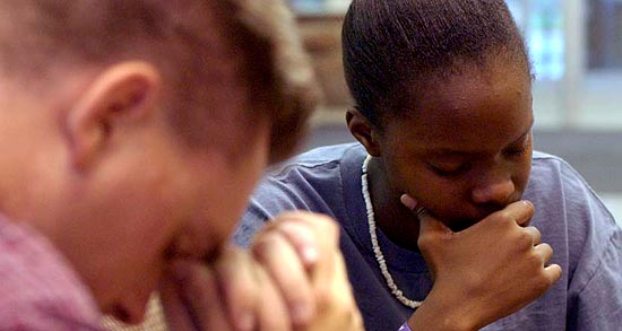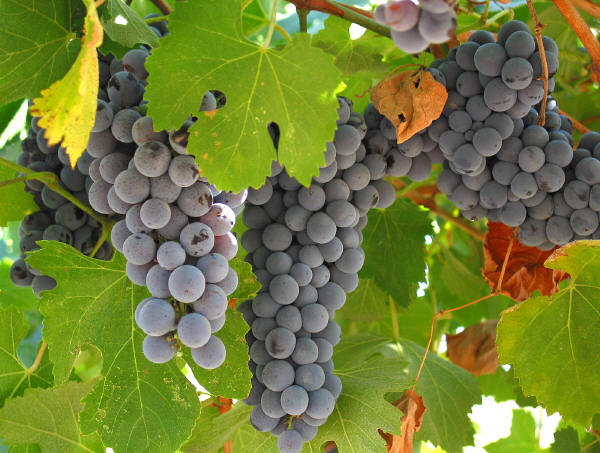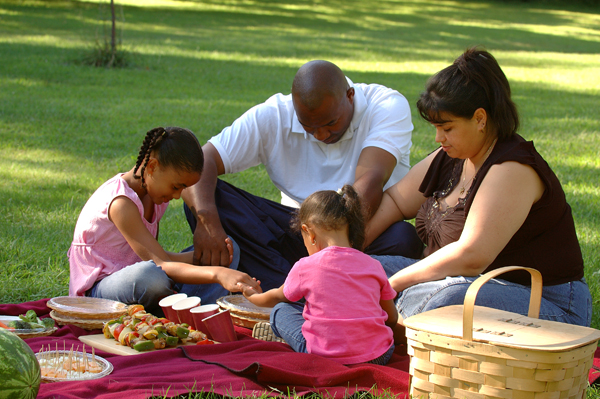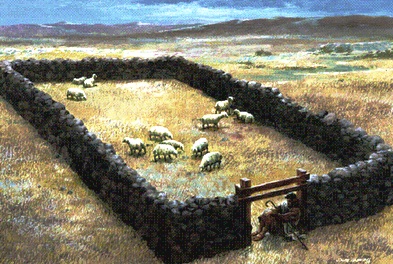
Fr Dexter Brereton, CSSp ThM STL
Some time in the early 2000’s early one Saturday morning, I had just come back from my morning walk to Trois Roches in the rural parish of Toco when I was stopped by a parishioner. He began to tell me a tale of the trouble that he expected that we would experience as we continued our planning for the parish harvest, our major fund-raiser. He said “Father, I see that you are planning harvest with ‘so-and-so’ but I hear ‘so-and-so’ saying ‘such-and-such’..you had better be careful Father,…we does have a lot of confusion up here!”
I listened politely and at the end I simply said, slowly pointing into the sky, “I don’t know about you, I place my faith and trust in the LIVING GOD. He is the one who will grant success to our efforts.” What took place that morning was the conversation coming out of a community which for many years had had its major fund-raiser planned, organized and given on a platter to them. Now, here came a new administration saying that the parish harvest must be run by the people and not by the presbytery! I am happy to say this morning that the community that year subsequently went on to do much better than they had in previous years when everything was done for them.
The conversation between myself and this parishioner reminded me of the conversation taking place in the gospel reading between the risen Jesus and Cleopas and his companion on the way to the village called Emmaus. The story explains why so many believers have great difficulty experiencing the transforming power of the risen Lord, in spite of knowing the scriptures and in spite of being religiously observant (going to mass, frequenting the sacraments).
Like many of Luke’s great stories, the Emmaus story is rich in detail and we can follow or pray the story in the footsteps of any and all of its main characters. Let us follow this story in the footsteps of Cleopas and his companion.
Two of the disciples of Jesus were on their way to a village called Emmaus, seven miles from Jerusalem, and they were talking together about all that had happened. The story opens with the followers of Jesus, in movement, on the road, but, seemingly, St Luke hints to us, they are moving in the wrong direction. The disciples were in fact seeking to disengage from a story which they found very sad and difficult. They wished to escape “Jerusalem”. Jerusalem which was so challenging for them because Jerusalem was the place where Jesus suffered and died and their hopes died with him.
For us here in the Caribbean, Jerusalem is the place from which we wish to escape: the ‘Jerusalem’ of our self-doubt, the ‘Jerusalem’ of our divisive politics, the ‘Jerusalem’ of our poverty, the ‘Jerusalem’ of our difficult family life, the ‘Jerusalem’ of our social, political and racial conflicts, the ‘Jerusalem’ of our crime situation. We seek escape from Jerusalem and we escape to ‘Emmaus’ we escape into self-pity, hyper-criticism and partisanship. Jerusalem is the place where we carry the whole heavy weight of our history. Let us listen again to the words of my former parishioner there in Toco “Father, up here we does have confusion…” Here was someone seeking to disengage from the Jerusalem of community conflict. We here in Trinidad & Tobago have developed the habit over the years of looking back on our past and selectively picking out all our failures and short-comings, we pick the darkness out of the light, the weeds out of the garden. So this tendency ‘sucks us dry’ and depletes the energy that we need as Caribbean people to face the challenges of life.
Thus it is that Cleopas and his companion are seized with self-pity and regret, a condition that blinds them to the presence of the risen one in their midst. We read: Now as they talked this over, Jesus himself came up and walked by their side; but something prevented them from recognizing him…The conflict-riddled past of that Toco community prevented them from responding adequately to the possibilities of the present, to a new way of doing things. So it was that Jesus, when he inquires of Cleopas about the things they were discussing gets a ‘buff’ (a scolding in Trinidadian English): “You must be the only person staying in Jerusalem who does not know the things that have been happening here these last few days!’ What things? He asked…”
Jesus does something touching at this point. He receives their tale of woe and self-pity, silently and respectfully as Cleopas relates to him their hopes in Jesus and how he had been put to death. He does not wade into them and call them stupid. Up to our own time, many leaders have had to do the same thing, to receive all our hostility and doubt. Let us think for a moment of the doctors leading the fight against the coronavirus pandemic here in Trinidad and in the US. We have all been following the gripping drama as these medical professionals try to explain the mysteries of epidemiology to a population which at times is slow to understand or wrapped up in its own politics of resentment and negativity. You look at the readers reactions on social media and you can literally feel the heavy weight of our history especially here in the Caribbean, a history of doubt, social and racial conflict and of course our lack of trust in each other and ourselves.
The problem for the disciples of Jesus, was that they did not know how to READ their own story; their own story, which was already written in the scriptures, the same scriptures which tell us that all that happened is according to the laws of life. Cleopas and his companion had to be brought to understand that the full message of the scriptures can only be grasped when it is experienced in the reality of their lives. Jesus says to them: “You foolish men! So slow to believe the full message of the prophets! Was it not ordained that the Christ should suffer and so enter into his glory?’ Then, starting with Moses and going through all the prophets, he explained to them the passages throughout the scriptures that were about himself.”
The scriptures, where the deepest wisdom of our faith is written offer us a way out of the spiritual blindness that we experience. Only this deep religious wisdom which explains the law of life can hope to heal us: politics won’t do it, endless critique and analysis won’t do it (as important as that might be), material prosperity won’t do it, nostalgia for the world as it was before, (pre-COVID world?) won’t do it.
It is this deep wisdom which reminds us that what happened to Jesus and what often happens to us, the misfortunes and reversals which we suffer, the heartaches the failures, the confusion and the pandemics are somehow written into the law of life. In a way, all is as it should be.






